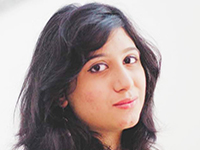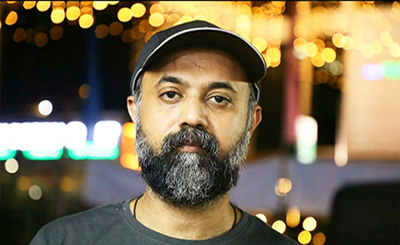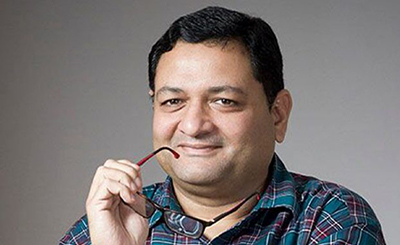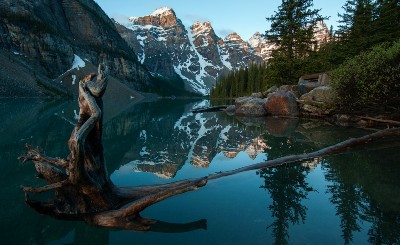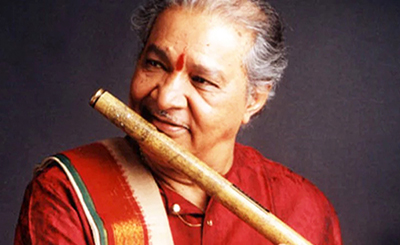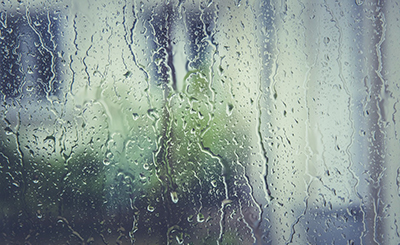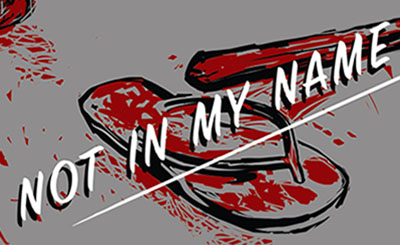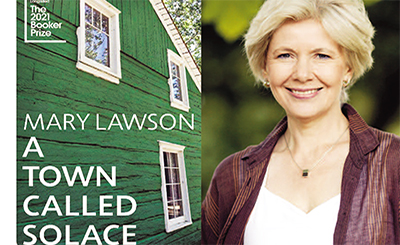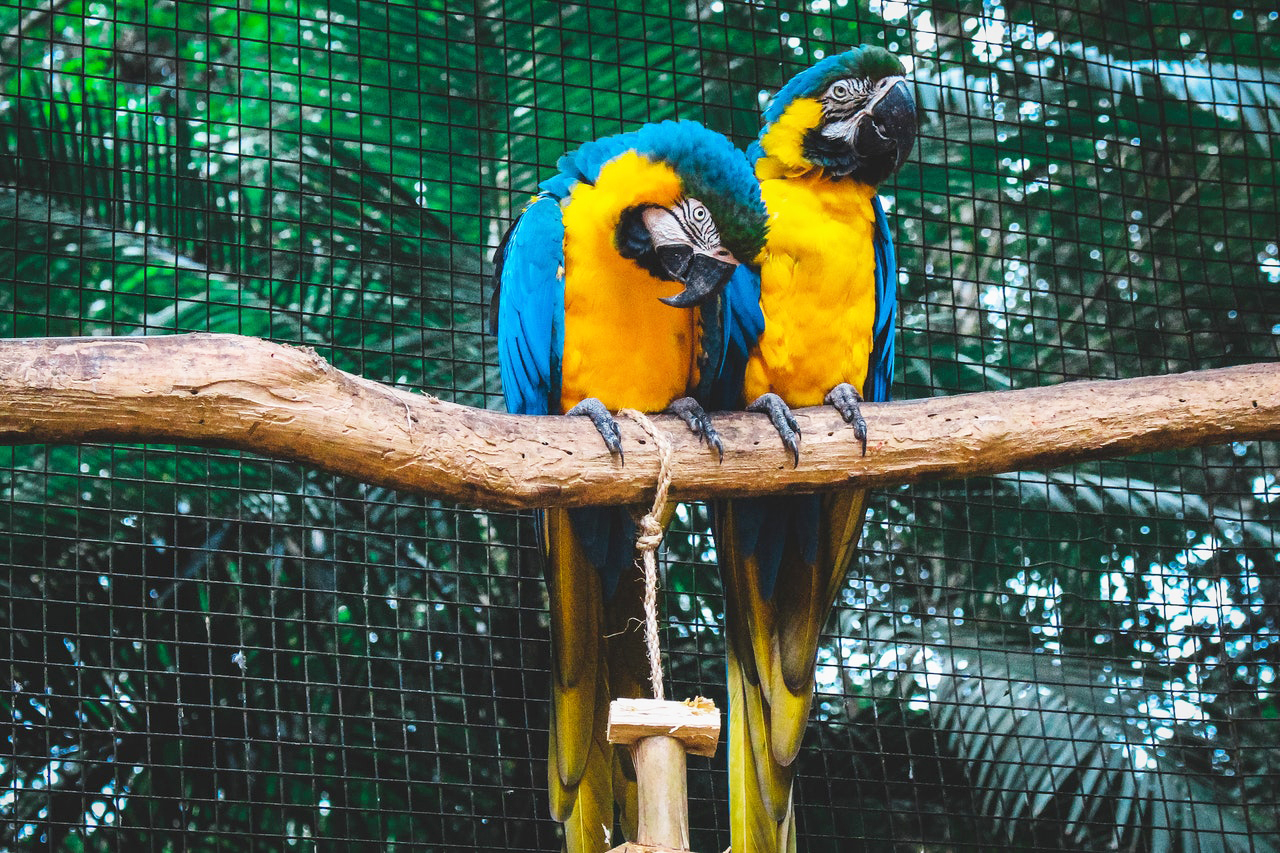
The Caged Bird Rehearses Before It Sings
Papa’s antique Sony radio preaches the vacancy around it;
the harsh sound of a religious scholar
dampening the sonorous call for Fajr prayers.
There are so many ways to declare the break of dawn.
Morning breaths create nebulae over our heads,
Weightless water from sprinklers haunts the fern of its longevity.
There is always the phlegm-filled clearing of throat
around shuttered tuck shops; an aubade for the sparrows
who have forsaken their shepherd-like voice
because the ritual of morning songs has long been
replaced with Israfil’s trumpet rehearsals.
The stomach churns like the shriek of a kettle;
an alarm to remind our bodies
they are only ours until hunger strikes.
This frequent need to be fed is an heirloom from the maker;
the one who lost himself in the music of his creation.
Papa takes control over the faucet in his hands,
the water drizzles until it’s warm, until the skin can bear the heat;
as if this too is a test for endurance.
Bags zip and cars fail to orgasm in their masters’ grasp.
We have created so many objects to validate our sentiments.
The cold summer breeze creating welts in our chests,
that one leg hugging the pillow, struggling to let go.
One of us has to run to the kitchen to prevent the chai from
spilling over the stove. Every morning is a cold stab
of mint on our sore gums. That’s how the world is restored:
with a cold stab where it hurts the longest.
Portrait of a Photographer as a Historian
Travel back to a still shot, it has an earthly existence;
babbling blobs of spellbound hibiscus and thistles.
The photographer is not naïve; she scours every
starlit vision before snapping it between her fingers,
between the whorls of breath. She has always known
Nature to be fraught with unexplored terrains and levees
and footnotes to past lives. The rustling of every lost
artifact, the cold hush of a Harappan language.
How rusted is history, to be called a rustic beauty?
All that is gone is an improbable threat, like a muted mural.
The photographer is caught between erasure and exposure.
A great old oceanic sound erupts in heruvula:
who is Frankenstein, the panoramic landscape or its
motionless silhouette?
The lifespan of a shot is akin
to a gash that has already bled. Every creation is a musical
dribble on the windshield, wiped away when conceived;
artistically willed into depletion. The key is to take as many
still shots, to taste the rum on the photographer’s tongue,
to call god ancient and benign. Answers hanging like weary
autumnal boughs. A man-made object is dead is redolent
of a microcosmic uncanny. There is nothing to unearth
from wreckage. All history-makers, photographers, artists
and dancers have one memory in common: they danced
around campfires to perish in the lucid after-echo of cymbals.
Outro to Grief
Boredom is a legacy. You crave cigarettes,
if not cigarettes then a Siamese kitten;
Blueberry, his malleable purrs, if not a kitten
then your own life hung in the billows of lampshades,
this jarring sorrow coiling around you,
like Madhubala’s regal twirls in those thousand
ceiling mirrors, the melody of moonlight.
How boringly slow a funeral procession is,
intensive too like the seven minutes Nana Abu lived
before dropping his arm on the spring mattress;
a whispering thud evacuating the last drop
of exultation. A myna with her Tuscan-sun beak
leaves the clay pot aquiver on the windowsill.
There comes a time in the longest day, you get
bored of mourning so you liberate yourself in
a small room, puff a Parliament, think of ways you
could destroy the last horcrux — that has kept
the day alive — to hungrily let go of this humdrum.
Kill the Refugee
When you see a newborn refugee,
first let your eyes peer through metal
barricades, the sky a glaring tangerine
blending in the seams of malnourished
cityscapes. You may have never seen with
your bare eyes the ululations of a family
forced to abandon its grave; the soil
of the homeland is a native’s great beyond.
Imagine not being able to die at the time
of your death, someone has to dodge
Azrael’s all four faces to stay on Earth,
become a landfill of memorabilia,
a creature of yore. Look, a different kind
of man lived here, reduced to a different
kind of rubble. Look, the ruins don’t
speak the language of home. Of homeliness.
It happens sooner than later, underneath
the scintillating Canopus, your grandma’s
cutlery submits to the staccato of
someone else’s kitchen-table jargon.
The objects are diagnosed with amnesia.
That bisque ceramic teapot and the abluted
prayer rug, and the dog-eared calendar,
and your father’s unused musket sagging by
the wall; now face a brand new qiblah.
Perhaps, even god had to remember what
he is made of, what he left behind
before pronouncing himself omniscient.
It only takes a billion years to chant
the names of your belongings before
losing them to this news, say, on a radio
in a burgundy Alto; which then seems
like the only place where homesickness
is not a deliberate crime. Remembrance
is exorcism.You don’t know which
demon of geography you will summon
when you saunter inside a bereft thought.
You have to ask yourself,
are we allowed to mourn?
The next time you go to a playground
and you see a newborn refugee;
weary shadow of an Afghan boy kicking
plastic bottles on the dirt of Rawalpindi,
his shalwar flapping; one brisk kick at a time
in the dark of daylight: you should muster up
the courage to kill the refugee, the Afghan,
the boy, the threat. Then call him a child,
your very own. Return him the tears, his tears.
Ode to a Nurse
The pretty nurse taps her feet,
nibbles the fuchsia colour off her nails,
rests all day in the plastic chair,
cares for her patients’ bodies till they bloom
into sedimentary macrocosms.
She interlocks her death-licking fingers,
remembering the fragrance of Shea butter
she stole from a surgeon friend’s purse.
Her phone tings,
she whispers texts to her lover,
except the texts do not confess love
in the Bollywood style,
she reminds the time around her
of the rhythm of unreleased pleasure
squirting in her nerves.
Between these lonesome intervals,
Karachi whizzes through her reveries,
sometimes a train foregoes a lunar death,
onion peels chant a mystic spell
in the far offing of ill-grown greenery,
husbands quarrel in tall buildings.
Her hindsight can never forget
the distinct sounds of these husbands.
She stares into the effervescent gloaming
of her patients’ eyes, knows
which one needs to recite the kalima.
Her mouth chews on cashews
and peanuts, like its cud.
How cunningly she has earned
the title of a prophet,
sensing the advent of Qiyamah
when a patient gives up his snores.
She knows that lungs hold more
than a thread of breath,
and that death too
demands careful nursing.
Wedding Mashup
The beat of Punjabi drum, a very masculine bhangra
and the groaning aunties measuring gold and diamonds
with their tongues. A perfect proletarian wedding
with bleats of glitter and palpitating gossips, masala
and all that sugary tarnish of cordial mimicry.
I want to be the most uncalled for blackout;
dark then limned, a cigar I am keen to light up
in the rose bed of aunties and uncles praising
someone’s girl for being a doctor who can cook.
Long wisps of smoke respiring through my unchaste
lips, and I am so tired of sitting with my legs crossed,
my ghagra flirting with my stiletto heels,
I am so tired of smiling without a grin. The food
isn’t served yet. I smell steaks and the subtle singe
of barbeque, the chilman biryani hiding behind
her inability to express. I am tired of uncles calling me
their pretty daughter only to burn their voyeur eyes
on my nipples concealed under my silk diamantes dupatta.
‘Don’t slouch’, says an aunty. She runs her fingers though
my hair, measuring the length and the femininity conditioned
in the fine purple streaks. Purple is not a graceful colour,
maybe a tinge of blonde or brunette to give the men
a western dream: untouched and impossible to possess.
I am beautiful, beautiful in the way I want to spread
my legs across the table, where Pepsi is served in wine flutes,
and men rape their wives with their eyes and the wives
of their friends. These heels are killing me and the clothes
and the barriers and the uncles and fathers and aunties
and no one cares about the delicately arranged love
between the couple. I yawn, like a gypsy fox that is ready
to trot home, without spreading her legs, without
lighting a cigar, without telling the uncle that my nipples
are supple skins trapped inside a lavender brazier;
trust me it’s not an invitation concealed in a metaphor.
More from The Byword
Comments
*Comments will be moderated



